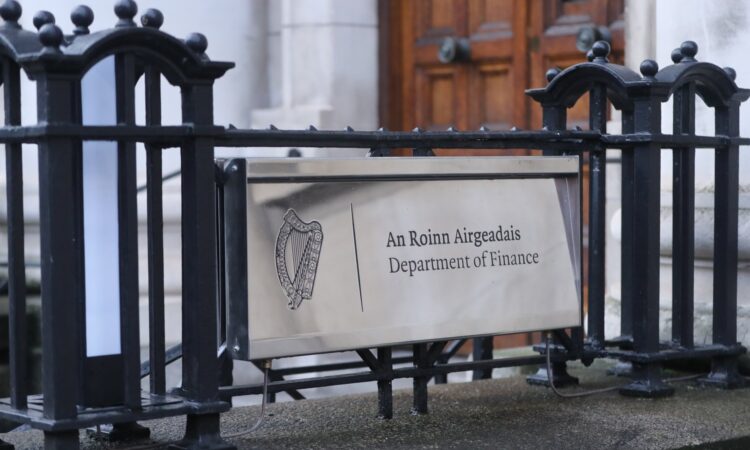
Last year Ireland contributed €3.6 billion to the EU Budget and by 2027, the Department of Finance forecasts our contribution will have increased to almost €4.5bn.
Ireland has been a net contributor to the EU since 2013, according to the Comptroller and Auditor General’s report, which examined how Ireland’s contributions to and receipts from the EU were made up.
In 2022, Ireland’s contribution comprised €2.6bn based on Gross National Income, €482 million based on customs duties collected on imports from outside the EU, 75% of which is payable to the EU and €323m from VAT which was 0.3% of what the Revenue collected in VAT.
Finally, since 2021, member states have made contributions based on €0.80 per kg of non-recycled packaging waste collected. This amounted to €197m.
Ireland received €2.5bn from the EU in 2021, this was mostly for agriculture and rural development.
Just over a half billion euro that year was received through the Brexit Adjustment Reserve (BAR) and amounts of €389m were received in 2022 and 2023.
Around 70% of the BAR went to programmes in the Department of Agriculture, Food and the Marine but funding also went to the Department of Further and Higher Education, Research, Innovation and Science.
Ireland has also been allocated €915m across a range of projects under the Recovery and Resilience Facility (RRF), which was established to help member state economies recover from the pandemic.
The C&AG notes that the Department of Finance has committed to publishing information on how Ireland’s contributions and receipts from the EU are accounted for, however this information comes with a time a lag.
The latest publication dates from October 2022 and deals with the financial year 2020 and does not include all of the information necessary to understand Ireland’s financial relationship with the EU.
The Department of Finance has agreed to speed up its reporting.






